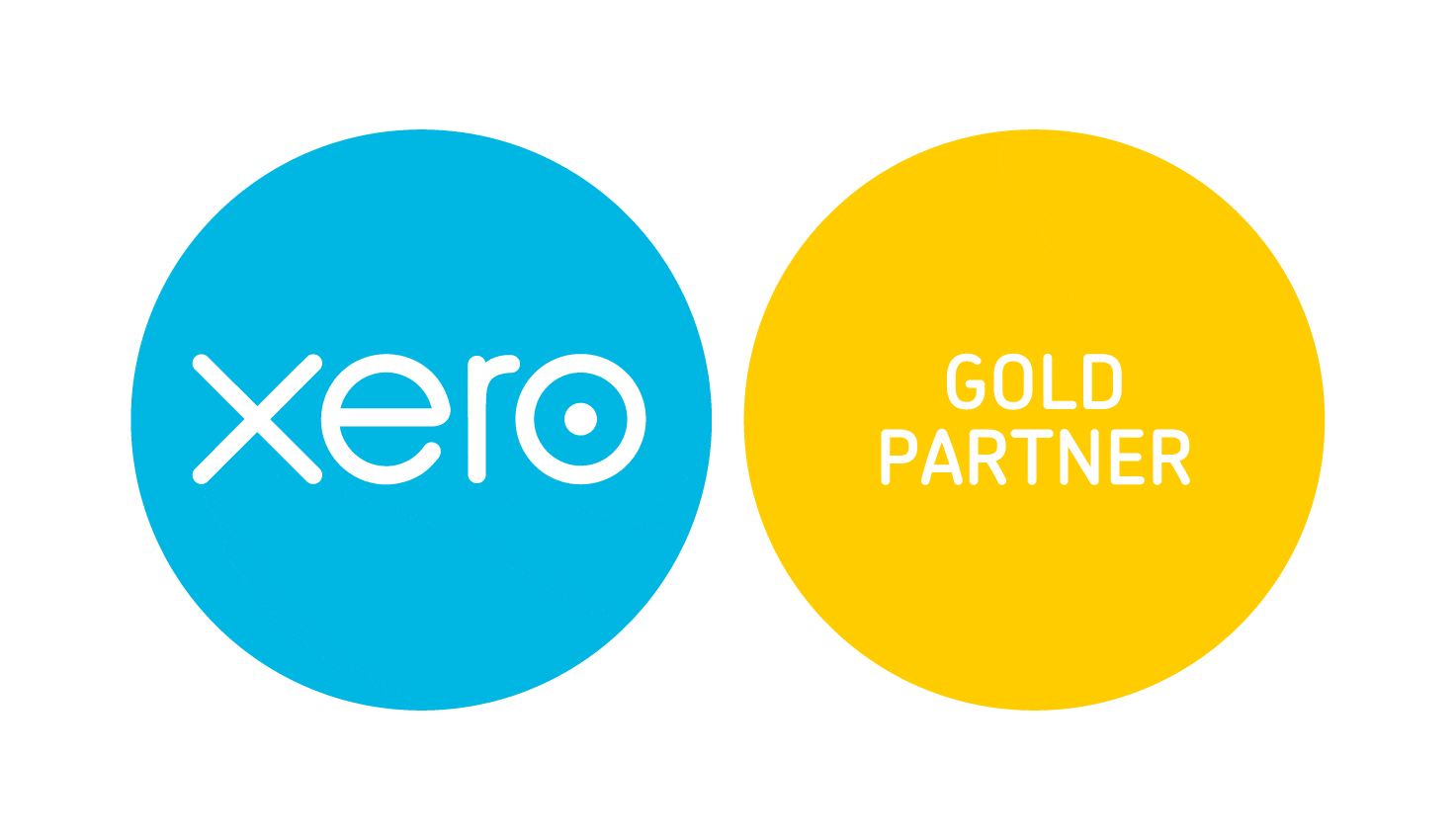How Great Leaders Inspire Everyone To Take Action
Author: Simon Sinek
Have you ever stopped to think why some companies appear to have the “golden touch” while others try and fail. For example what is it about Apple that has people queuing overnight for the latest edition of the iPhone? Or, have you analysed your buying behaviour before? Would you be in this queue for the new iPhone, would you be buying it in the coming weeks after its release or would you wait until you found out if it was worth the fuss? In this “lightbulb moment” book, Simon Sinek explains why in fact it all does `Start With Why’.
If I asked you WHAT you did for a living, I would hope you would be able to answer without thinking. So, what about HOW? HOW do you do WHAT you? Again, this answer although somewhat longer in explanation still shouldn’t prove to be a problem. Now for the tricky question – WHY do you do WHATyou do? Very few people are able to articulate WHY they do WHAT they do.
However, as you read through Simon Sinek’s book you discover that WHY you do WHAT you do is a fundamental key to your success in business. He further explains why any business leader must be crystal clear on their WHY if they are to inspire their employees and customers. Examples are given of businesses who both have a clear WHY and a murky or absent WHY. Furthermore, other examples are shown of companies who have “lost their way” which can happen when the company or company leader slips focus from their specific WHY.
I highly recommend this book to anyone interested in business and to all business owners interested in success.
To hear Simon Sinek in action, listen to the following You-Tube video.
The Tipping Point: How Little Things Can Make A Big Difference.
Author: Malcolm Gladwell
Every now and then you come across a business book that is so well written and stimulating that, like a good novel, you can’t put it down. The Tipping Point, by Malcolm Gladwell is such a book.
The Seven Habits of Highly Effective People
Author: Stephen R Covey
Ideas on time management have changed over the years. Read The Seven Habits of Highly Effective People by Stephen Covey to work out where you currently stand in the time management stakes and how to go about making a change for the better. Aim to spend most of your time working on the important but not urgent matters – the planning, preparing and creating – to reduce the crises and problems hitting you on a daily basis.
In his book, The Seven Habits of Highly Effective People, Stephen R Covey talks about four quadrants in the time management matrix – those activities that are:
- Urgent and important
- Not urgent but important
- Urgent but not important
- Not urgent and not important
He says people who constantly operate in a state of crisis management spend most of their time in Quadrant 1 – constantly attending to crises and pressing problems. Quadrant 2, however, is where you need to aim to spend most of your time.
Covey says “Quadrant 2 is the heart of effective personal management.” It deals with things that are not urgent, but are important. It deals with things like building relationships, writing a personal mission statement, long-range planning, exercising, preventative maintenance, preparation – all those things we know we need to do, but somehow seldom get around to doing, because they aren’t urgent.
The critical point here is that by spending more time on the planning you will begin to reduce the crisis points in your business.
To run a successful small business you need to aim for a smooth, considered approach on a daily basis. Obviously it won’t always be possible but, in most cases, success in business comes down to effective planning. And effective planning is only possible through effective time management, allowing you to work mostly in Quadrant 2, on the important but not urgent matters of your business and reducing the crises and problems of Quadrant 1.
The E-Myth Revisited
Author: Michael E. Gerber
The E-Myth Revisited by Michael E. Gerber is essential reading for business owners. Why is it that most small businesses don’t work? What can you do about it? Gerber’s very readable book gets straight to the point of answering these questions and explaining what small business owners need to do differently.
His research is drawn from many years’ experience working with and mentoring small businesses.In the book he tells the story of Sarah who, like many small business owners, is working so many hours in her business that she is beginning to wish she had never created it in the first place. Many readers will be able to identify with the character of Sarah, who started her business because she loved making pies, but then, something changed. She suddenly became a business owner.Gerber takes the reader through the stages of setting up and operating a new business with the aim of changing the readers’ attitude about being a business owner. Once you’ve reached that point, you’ll be able to work on his strategy for making your business survive.If you haven’t read this book, it would be worth your while to get hold of a copy
The Present: The Gift that Makes You Happy and Successful at Work and in Life
Author: Dr Spencer Johnson
Another insightful story from Dr Johnson, The Present is a story that initially tells us that “you already know what the present is. You already know where to find it. And you already know how it can make you happier and more successful. You knew it when you were younger. You have simply forgotten.”






